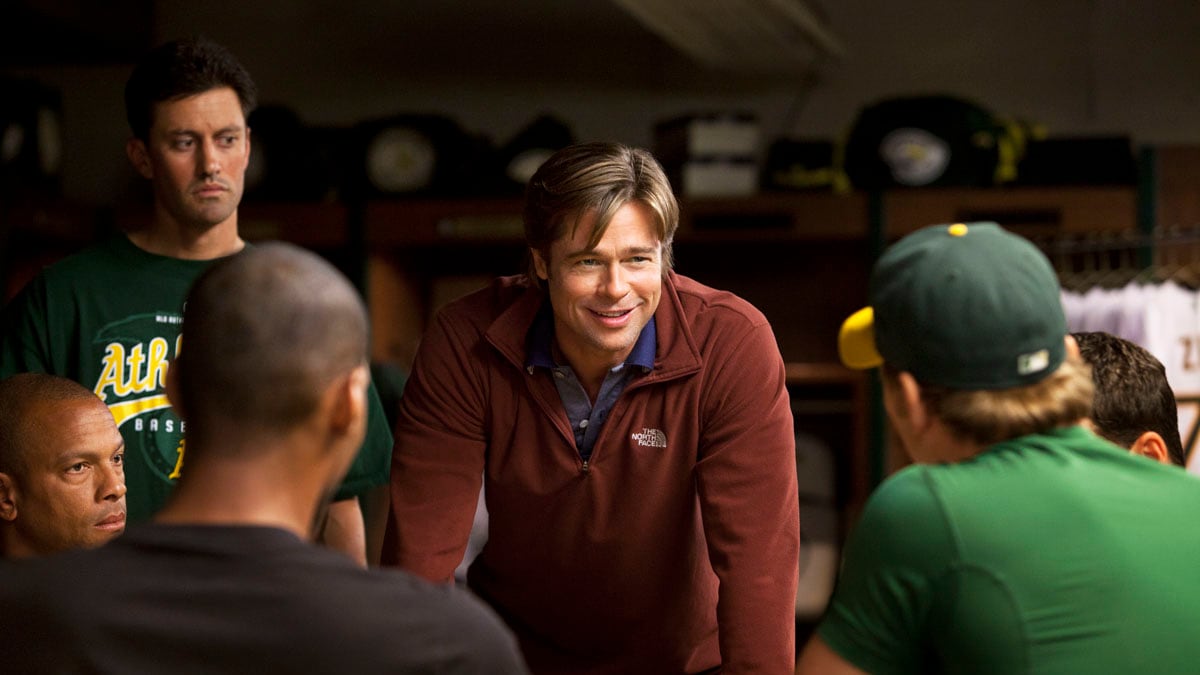Archive
Melinda Sue Gordon / Sony Pictures
Brad Pitt, Jonah Hill, Bennett Miller Make ‘Moneyball’
Play Ball!
It took nearly a decade, three directors, three screenwriters, and Brad Pitt’s tenacious support to bring "Moneyball" to the screen.

Trending Now





